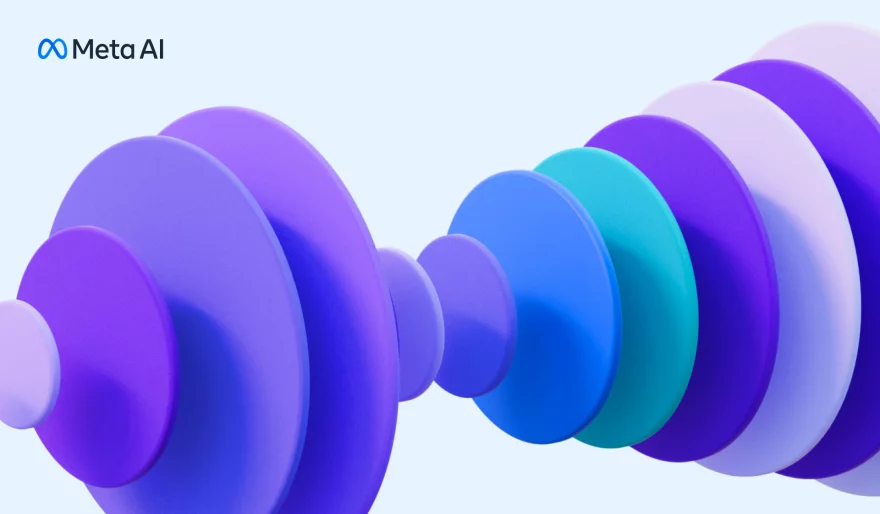Stay Ahead of the Curve
Latest AI news, expert analysis, bold opinions, and key trends — delivered to your inbox.
Meta Unveils 'AudioCraft' AI Tool for Audio and Music Generation
3 min read Exciting news from Meta! They unveil AudioCraft, a framework for high-quality AI-generated audio and music from text descriptions. The framework includes 3 generative AI models: MusicGen, AudioGen, and EnCodec. Let's delve into the possibilities and ethical considerations! August 03, 2023 07:56
Exciting news from Meta! They announce AudioCraft, a framework for high-quality AI-generated audio and music from short text descriptions. The framework includes three generative AI models: MusicGen, AudioGen, and EnCodec. Let's explore the possibilities and ethical concerns!
MusicGen, one of the models, allows users to train it on their own music dataset, raising ethical and legal issues as it learns from existing music. AudioGen focuses on environmental sounds and sound effects, while EnCodec efficiently compresses and reconstructs audio.
Meta emphasizes potential upsides, inspiring musicians and enabling creative compositions. But concerns arise, like deepfake-like abilities and possible lawsuits. Despite challenges, Meta aims to improve control and mitigate biases in generative audio models.
MusicGen's terms discourage out-of-scope use cases beyond research, but commercial applications are not expressly prohibited. AudioGen can generate realistic environmental sounds based on text descriptions, while EnCodec excels in reconstructing audio with high fidelity.
Meta acknowledges AudioCraft's potential misuse, especially in deepfaking voices, raising ethical concerns. Despite challenges, Meta remains open about model development, empowering users with transparency and understanding. Advanced controls will be developed.
AudioCraft has immense potential for music amateurs and professionals alike, offering inspiration and new ways to iterate on compositions. Meta plans to investigate and improve generative audio models' performance and mitigate limitations and biases.
As generative AI evolves, it's essential to balance the exciting possibilities with responsible use and ethical considerations. Meta's pursuit of better controls and transparency is a step in the right direction to harness AI's potential in the music community.



















 AI Agents
AI Agents